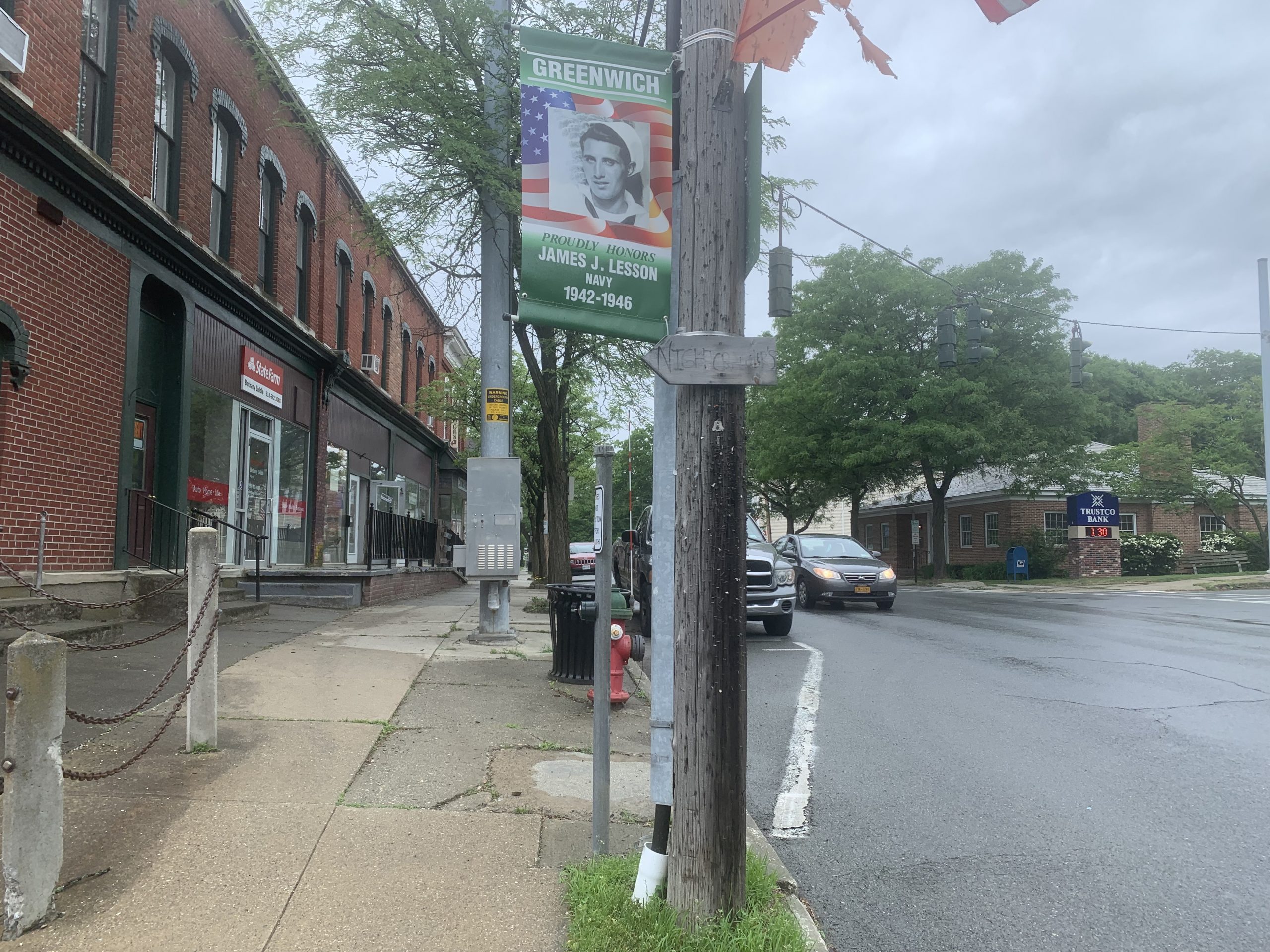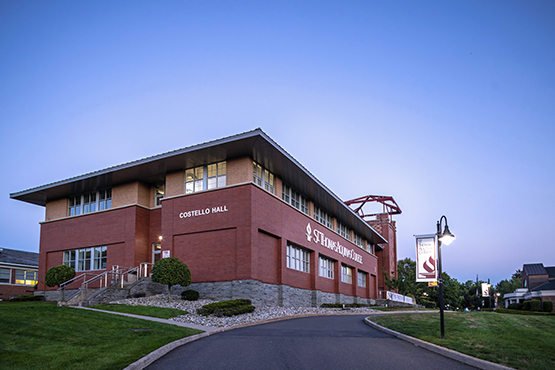By Darren Johnson
Campus News
It’s in a newspaper’s best interest to have healthy Main Streets in our towns and villages.
For me, that town is Greenwich, NY, where I bought a small newspaper a few years ago that was going out of business – but what I am about to write here applies to most small towns in the Northeast, and to anyone who wants to open a business. And this is about saving journalism at the local level – by saving Main Street.

In case you don’t know, newspapers have two primary revenue sources – sales of actual copies and ads. (Free newspapers only have the latter.) And where do ads come from? Businesses.
But not just any business. What has happened in our towns is corporate owned-businesses come in (Dollar General, for example), and what incentive do they have to advertise in what to their big-city HQ execs seems like a random newspaper?
These corporate-owned businesses are often at the edge of commerce centers, taking customers from them. Frankly, a lot of these corporate-owned businesses look pretty run-down, but who is there to complain to? Even when they build a new location, it seems to lose its luster in just a few years. Several older Cumberland Farms in my area could use a power washing.
Without the traffic in the business districts, how can a mom-and-pop business flourish? Not to mention that the corporate-owned businesses take business away from the mom-and-pops.
I regularly read old issues of The Greenwich Journal for a “Through the Decades” column I curate, and, frankly, I’m a bit jealous of the past. The papers were full of ads. Let’s say, fixed to inflation, those 20 or so ads were worth, conservatively, $150 each. That would be a revenue stream of $3000 per issue – not to mention that the paper had many more paid subscribers back then. Better revenue equates to hiring more writers, who report on and watchdog a town.
But now we have a lot of vacant storefronts, and I’ll get calls to cover a ribbon cutting when one is to be populated – but deep inside, I know it’s for naught. The business won’t last more than a year or two. It’s obvious why – bad ideas, bad execution.
If you’re going to open a business on a small-town Main Street in the year 2023, it should meet these requirements:
- The owner needs to be present early and often. A complaint I hear about some businesses is people would like to patronize them, but they have inconsistent hours. What a bummer if you go to a place at a relatively normal time – and it’s closed! To make your business habit-forming, it needs to be open at convenient times for would-be customers.
- You can no longer rely on having low-paid hourly workers. They aren’t as common as they used to be. The owner will have to actually work the business.
- Be fast and be ready! People are busy – that’s why they go to the corporate places. Not everyone has time to wait a long time for an order. I hate going to a small business, often as the only customer there, and feel ignored as the proprietor is doing other things. Customers first!
- You should have an online element or some other side gig for your business. You will not make enough money off of walk-ins.
- Create buzz by having a high-quality product at a fair price.
- Actually create a business that there’s a need for. Don’t think your love is everyone’s love.
- Advertise! And not just on social media, which can be an echo chamber. Social media gives one the impression that “everyone” knows something, but that’s not true at all. You will need to do traditional marketing – press releases, display ads and so on.
Reviving Main Street requires the right combination of businesses, so they all bring in traffic and feed each other. Maybe landlords, too, could consider lowering rents. This isn’t the hopping 1990s. For a business to succeed, they will need to be lean in the first year or two. Landlords – their success is your success. You could raise the rent after the tenant gets a footing. If a business isn’t successful after a couple of years, it probably never will be.
But only lower rents for the right types of businesses – those that do create synergy with other businesses nearby.
Perhaps a local Chamber of Commerce or some other entity could advise prospective businesses. Review their plans (it seems many new businesses don’t even have a business plan!) and give them a “seal of approval” to go ahead, if the plan seems decent. (This is America, and a person should be allowed to spend their money any way they want, even on a bad business plan, but having a review process will at least offer some feedback. Many new business owners are swept up by their own optimism, and are unable to see potential pitfalls. A friendly give-and-take would at least temper expectations. It’s slow-and-steady that wins the race in a small town.)
Otherwise, the death of Main Streets, in your town or mine, will result in the death of local newspapers – because who will advertise, and, thus pay the bills for the newspaper? – and when a newspaper dies, there’s no one left to tell the town’s story in any organized, systemic kind of way. As well, studies say when the newspapers go, local taxes and government corruption increases.
Local media and mom-and-pops have common goals.
Contact Darren Johnson by email at editor@cccnews.info.








Facebook Comments